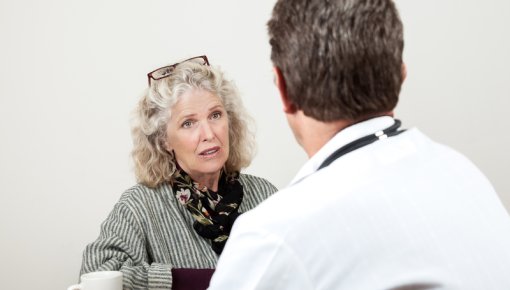My eyes hurt whenever I saw flashes of light
I was totally taken by surprise. I knew that my eyes hurt or sometimes watered when I saw things like flashing lights on ambulances, lightning or other flashes of light. But I never for one moment thought that I might have a problem with my eyes – I had just put it down to stress. I had no idea what glaucoma even was.
The doctor didn’t have any time to talk to me about the diagnosis at the time. That was a real problem for me. When I got home I started panicking so much that I went to the emergency department of a hospital.
The people in the outpatient department were really shocked by what my field of vision was. The upper half was partly black and my glaucoma was quite advanced. I must’ve already had glaucoma for years by that point.
In the outpatient department they measured the pressure in my eye over a period of 24 hours. And various other tests were done, too, in order to find out what type of glaucoma I have and how severe it is. I have open-angle glaucoma, and they prescribed eye drops for that.
The diagnosis came as a huge shock to me: I thought I might be blind within a year. Nobody could tell me how long it might take before I went blind. That meant a lot of uncertainty.

